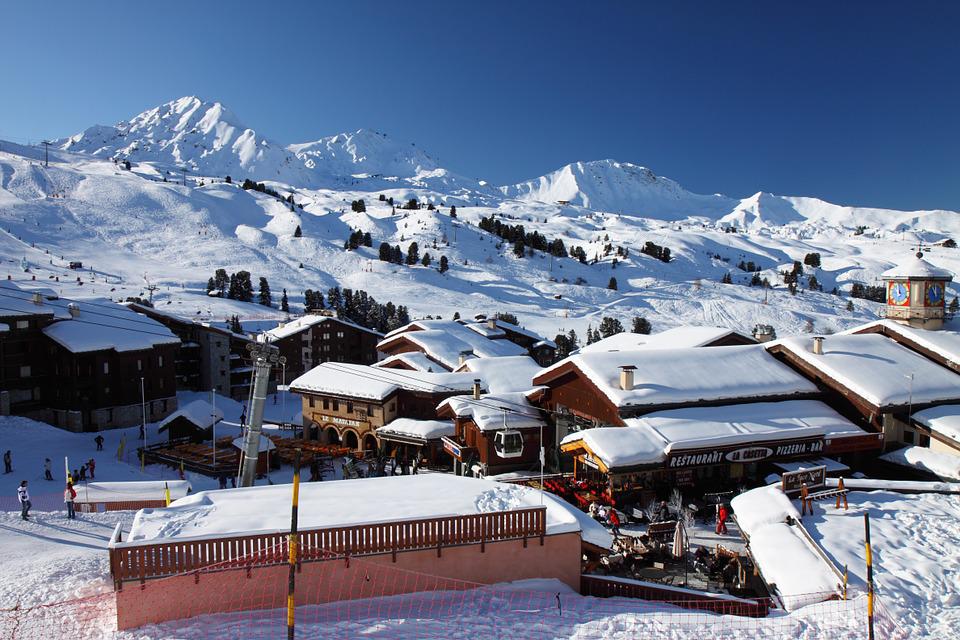
Hospitality trends and hotel infrastructure
As technology continues to advance, the hospitality industry also evolves. New technologies such as artificial intelligence (AI) and virtual reality have transformed the way hospitality businesses market their products and services. These advances not only save money but also build trust among guests. As more consumers become health-conscious, the industry will be dominated by companies that build customer trust and focus on health and safety. To stay ahead of the curve, here are a few trends that are shaping the hospitality industry.
The trend of self-check-in allows guests to check-in themselves without having to wait for a host, and after check-in hours. To improve customer service, hotels have installed kiosks that can be used by guests to complete basic tasks and relay them to hotel staff, freeing up time for face-to-face interaction. This also encourages guests to upgrade their reservations and purchase further goods and services while at the hotel.
Changing economic conditions are changing the way hotels build and renovate. While aging motels are increasingly being renovated by ultra low-priced brands, new construction often blends multiple spaces. In addition to this, some hotel groups are experimenting with coworking concepts in their properties. Whether a hotel offers a free breakfast, these changes are driving the construction of new hotels and renovations. So, a hotel can reap the rewards of modern technology and design while minimizing their footprint by investing in new infrastructure and renovations.
A recent study cited that more than three-quarters of respondents wanted to communicate with customer service representatives via text or video, rather than a phone call. The hotel industry has begun to recognize this trend, as it reflects the changing demographics of guests and the need for sustainable practices. Some hotels are investing in solar panels and updating systems that automatically shut off lights when guests leave. These trends have an impact on the hospitality industry, which is transforming the way we travel.
Millennials have overtaken baby boomers in the US workforce
Health and hygiene are also growing concerns, particularly in light of the recent COVID pandemic. While the hospitality industry is focused on customer service and human interaction, it must also adapt to the latest health and safety ordinances and trends to stay ahead of the competition. This is important because the hospitality industry depends on exceptional customer service and human interaction to succeed. The industry has to adapt to new trends, including health and safety ordinances and vaccine mandates.
As millennials join the workforce, hoteliers need to adapt to these new tools. For instance, video chat and social media will make their jobs easier, while technology such as biometrics and blockchain will help them improve their customer service. As a result, the hotel industry will never look the same as it did a few years ago. If we don’t embrace the technology that is already available, our industry will never look the same.
The millennial generation has officially overtaken the Baby Boomers in the US workforce, and it’s expected to continue until 2034. Meanwhile, Gen Z is expected to reach a peak of 78 million. These young adults are demanding that hotels make the transition to greener options. The latest research shows that 55% of global travelers are determined to stay in sustainable accommodations, despite the limited availability of attractive alternatives. Moreover, 87% of millennials believe that success should be measured by how positively you impact the world.